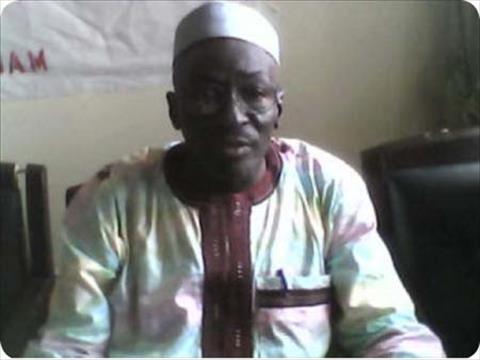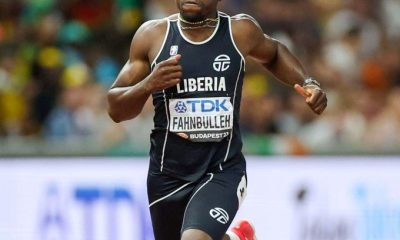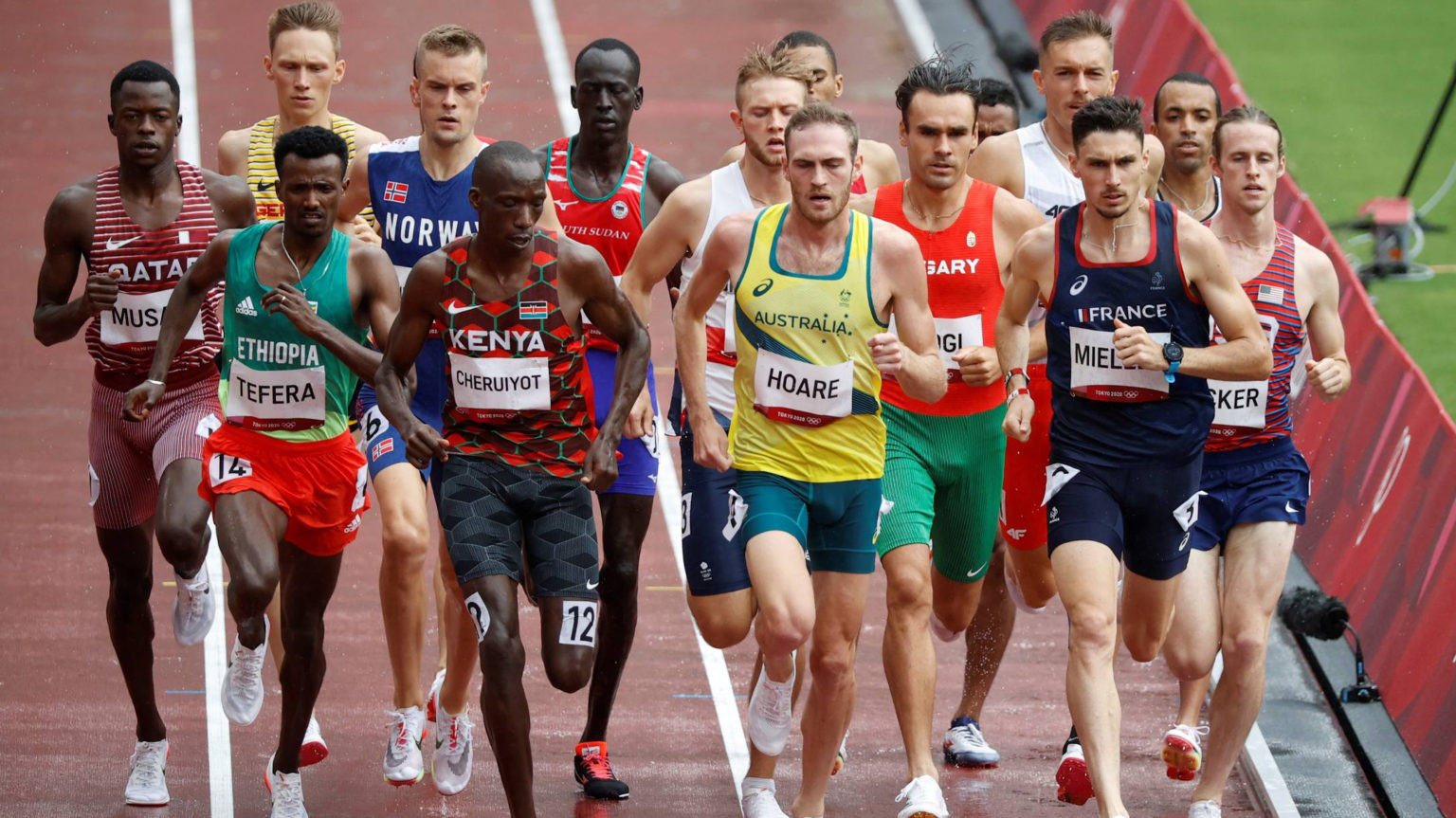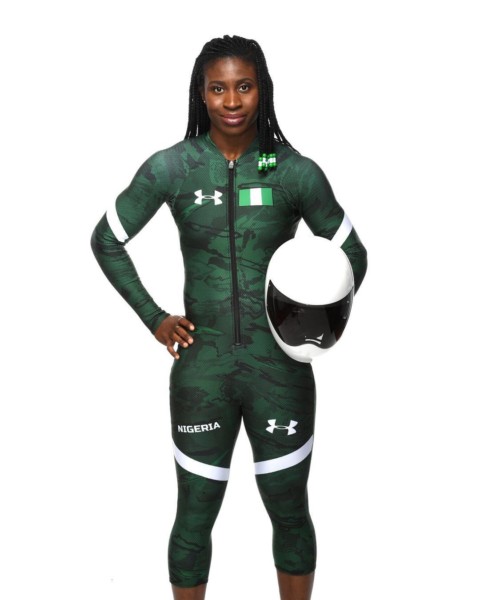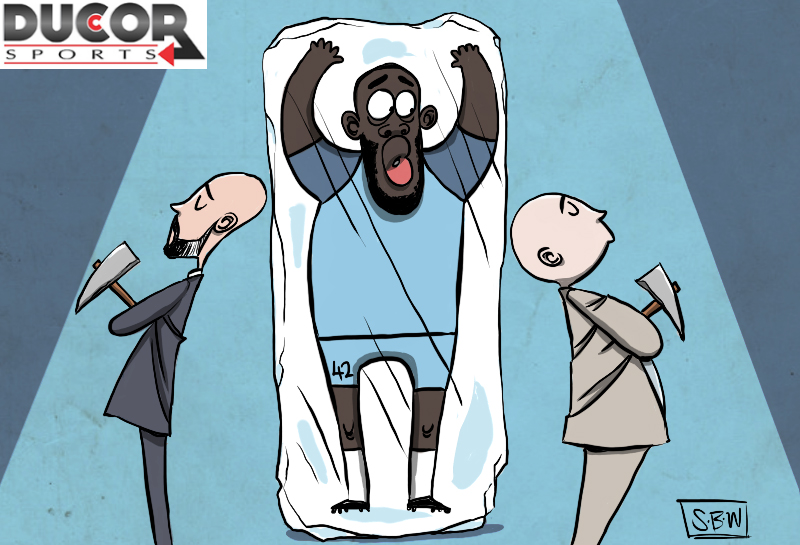Erstwhile Deputy Inspector General of Police will be the new man to run Gambia’s Olympic House for the next four years after getting elected this evening.
The Olympic Bureau went to congress after elapse of incumbent Momodou Dibba’s four-year term. Dibba, who is the West African nation’s Draught president, is eligible to run for re-election but opted to resign to ‘offer chance to a new set of people.’
The 73-year-old had been expected to seek another mandate from delegates at turn of this year but a reported split amid infighting and bickering with some members within his camp defecting to his opponents, it is believed, forced the septuagenarian to close the book on his re-election bid.
Dibba ,who’d served in hot seat in 2001 before resurfacing in 2013 following incarceration ex-president Lang Tombong Tamba the then country’s CDS facing charges of plotting to overthrow president Jammeh’s government, resignation came much as a shock.
Fearing should he insist on announcing his candidature to seek a fresh term and with his ranks visibly split which may well render him unpopular on trigger recipe for a humiliating defeat, Momodou, it strongly believed chose “to retire gracefully.”
His decision to step down cut the number of contenders to three. On Election Day, he cut a desolate figure flipping a prayer bead clutched to his right hand as former Deputy Inspector General of Police sashayed over Pa Alieu Jallow and Lamin King Colley, in what was a three-horse race, to take the seat,
Joof, an ex-athlete himself and holder of 100 and 200m national records for 38 years, beat close rival Colley by ten votes amassing 21 of the votes while Pa Jallow, doubling as Gambia Boxing Association head, pulled a mere 8 out of a possible 40 votes.
In an overhaul that saw just three of the previous leadership’s executives retained, Gambia Football Federation boss Lamin Kaba Bajo – a military officer-turned civilian – got elected as second vice president of the NOC, taking the place of Abdoulie Jallow who occupied the Bureau’s Secretary General position following voting.
Saturday’s gathering was the first time the Olympic House’s presidency has been contested without much controversy aside from the minor brouhaha in the build-up to congress involving Gambia Karate Association and its members over who to align with between the three contestants.
The previous elective congresses were marred by controversy. On occasion of Momodou Dibba’s ascension to power February 14th 2011, rival contender Abdoulie Baks Touray, Cycling Association top brass, in a fit of anger, stormed out the congress dormitory along with his backers alleging fraud, citing numerous issues with the voter list. The Independent Electoral Commission, invited to conduct the polls, went ahead with the voting later declaring Dibba winner unopposed following his challenger’s decision to boycott the polls.
Trouble later brewed up amid bubbling tension at the Bureau’s subsequent Annual General Meeting (AGM) with similar queries resurfacing as congress subjected to debate whether certain associations were worthy of affiliation to the Gambia National Olympic Committee (GNOC). The convergence did not end as hoped with aggrieved delegates, mainly from Dibba’s rival camp, boycotting prompting the newly-elective board to close the session after failing to attain the required quorum.
Petitions were written to the Ministry of Youth and Sports and National Sports Council by angry delegates craving intervention of both government technical arms, a move that opened up a new chapter exacerbating the problem to a whole new level. When the government branches ordered for elections to be held again claiming elections were rigged and ‘squarely’ unfair, the sitting NOC board refused to budge.
Weeks later the Olympic Headquarters seized operations with staffers at the Bureau denied any access by armed security who acted on ‘orders from the top.’
This triggered a series of disputes and open exchanges as relationships between government and the Bureau became tempestuous.
The international Olympic Committee (IOC) stepped in, warning government of meddling into affairs of the Bureau threatening, in its customary language, of ‘severe sanctions’ which, according to analysts following twists and turns of the furor, may well include Gambia’s expulsion from the Olympic body. Gov’t partially heeded to IOC’s threats by reopening the Olympic House and allowing workers in but blocked executives of the board.
Around of talks in an attempt to restore reign of peace between the feuding camps were held in Lausanne, Switzerland but not much came of the negotiations until fourteen months after the headquarters closure.
The Bureau got re-opened fully October 15 2015 with both sides burying the hatchet. 12 months on, the ties between the NOC and government remain cordial and president-elect Dodou Capi Joof will be hoping continuation of the links especially since he’d just been ushered in and would be wishing for a trouble-free tenure.
Featured Photo: Dodou Capi Joof president of the Gambia Athletics Association
